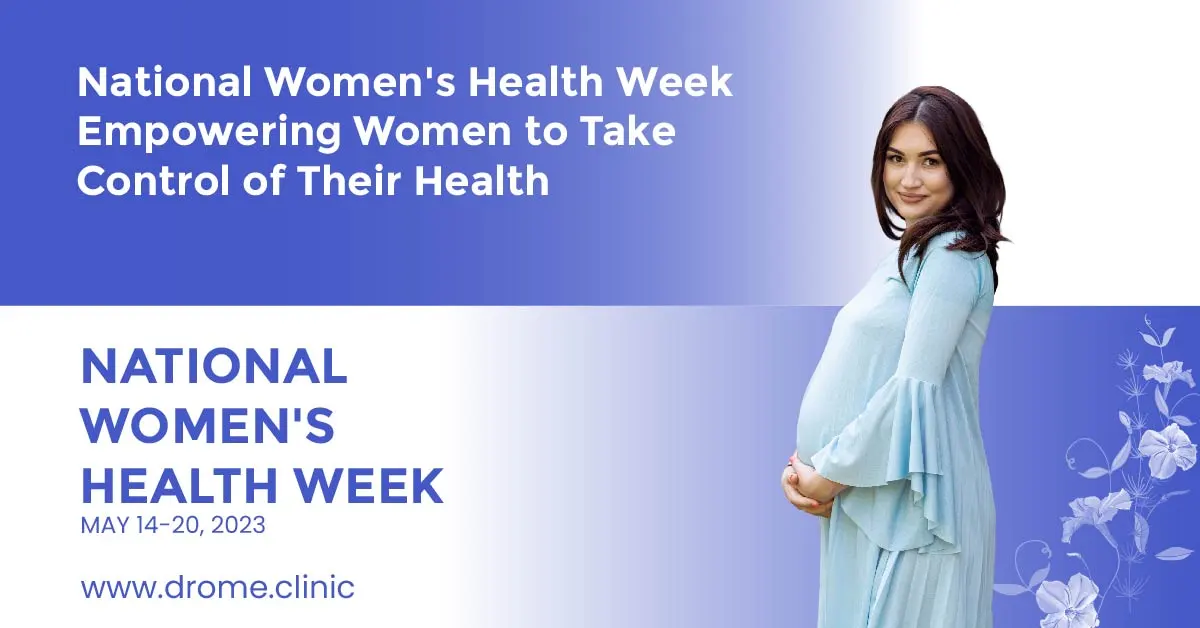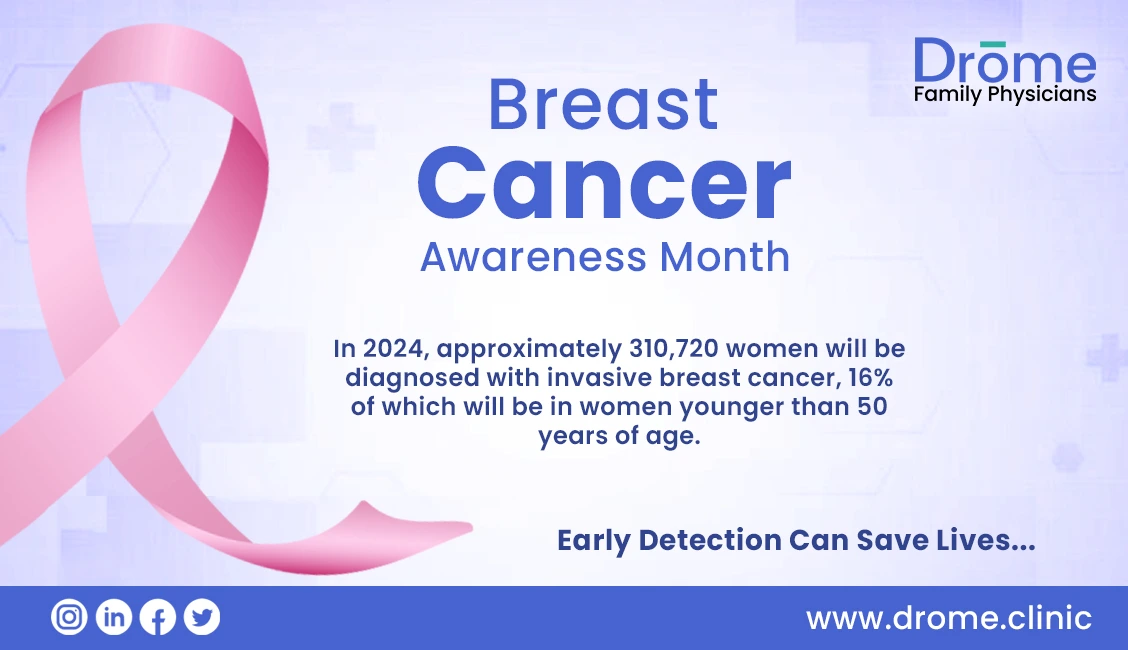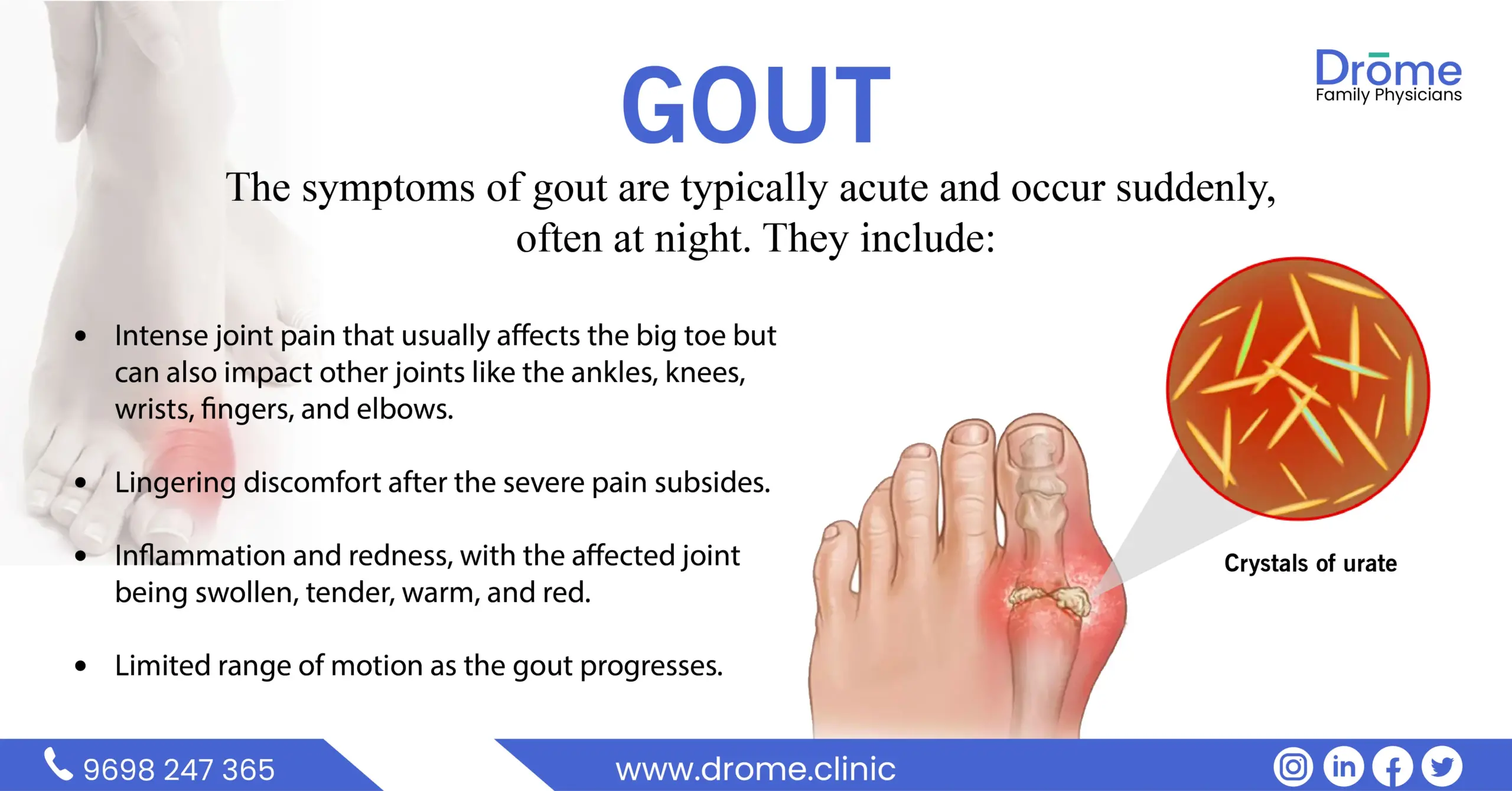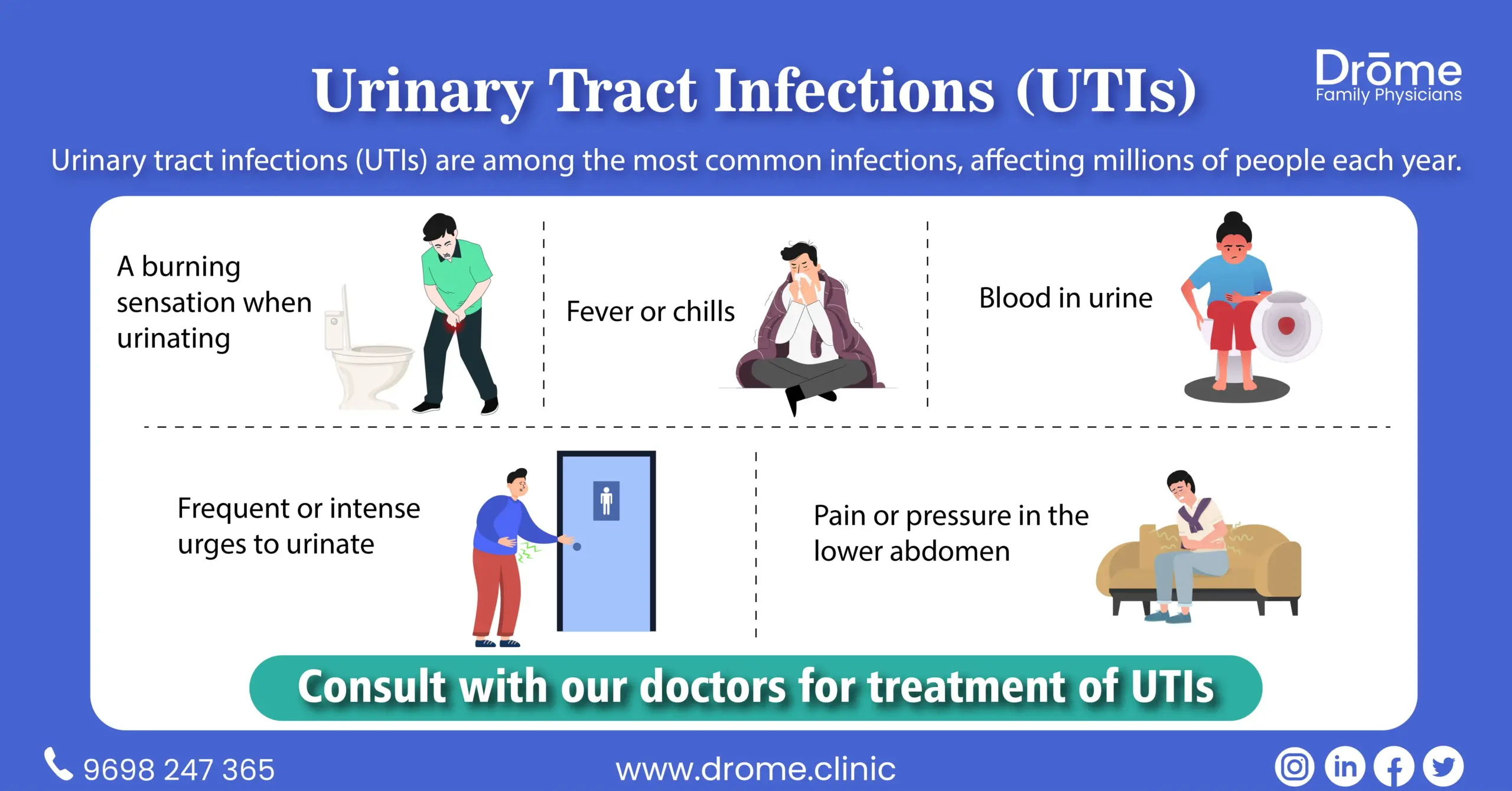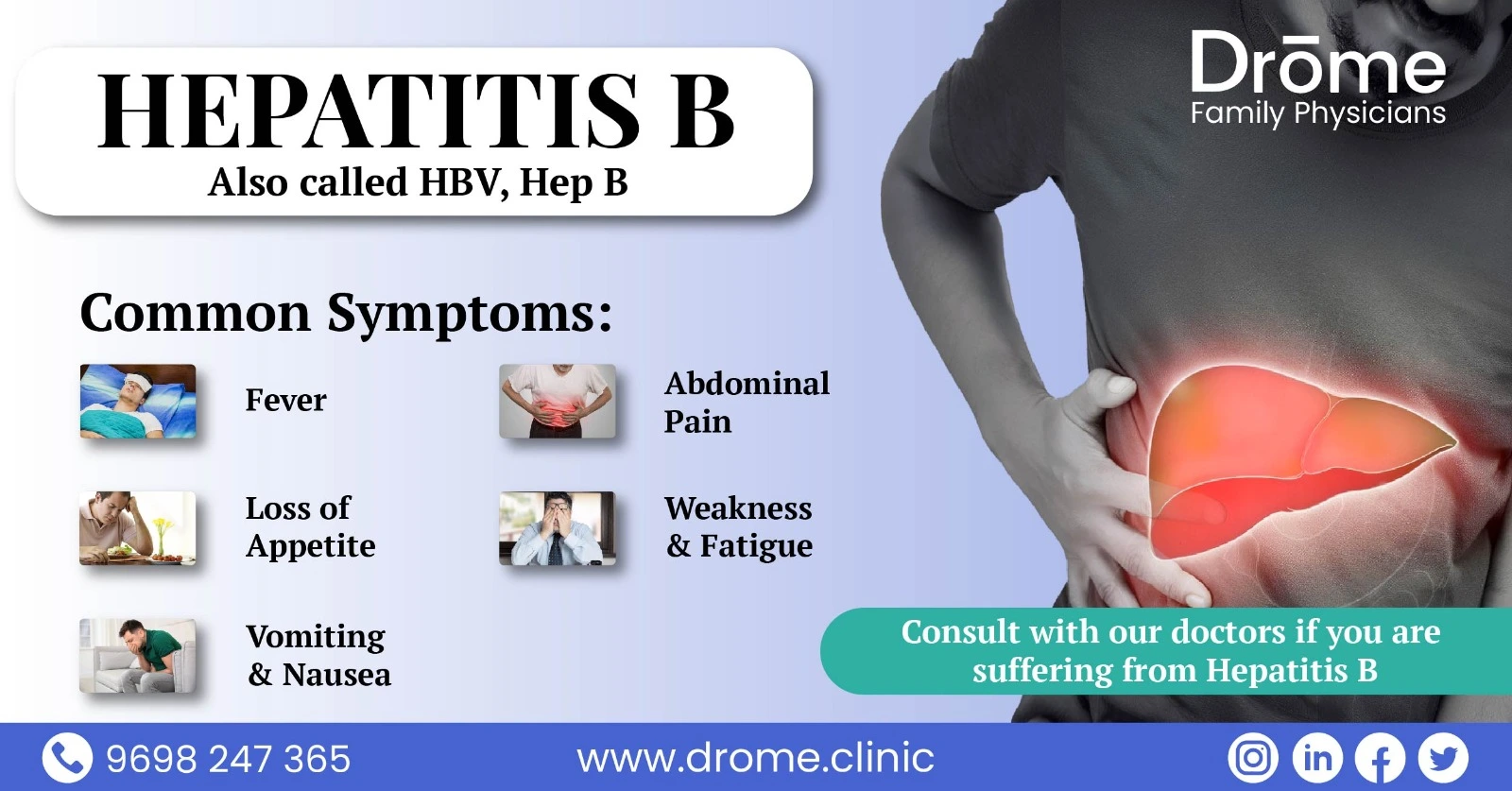Table of Contents
ToggleNational Women’s Health Week: Empowering Women to Take Control of Their Health
Why is Women’s Health Important?
Women’s health is a critical issue that affects not only women but also their families, communities, and the broader society. According to the World Health Organization, women experience unique health issues throughout their lifespan, such as menstruation, pregnancy, childbirth, and menopause. Additionally, women are more likely to experience certain health conditions, such as breast cancer and autoimmune disorders.
Unfortunately, women also face significant barriers to accessing healthcare. In many parts of the world, women may not have access to adequate healthcare facilities or resources. Moreover, cultural and social factors may prevent women from seeking healthcare leading to delay in diagnosis and treatment.
Given these challenges, National Women’s Health Week plays an important role in raising awareness of women’s health issues and empowering women to take control of their health.
The Importance of Preventive Care
Preventive care is an essential component of women’s health. Preventive care services are designed to help detect potential health issues early on when they are most treatable. These services include routine check-ups, immunizations, and screenings for various health conditions.
During National Women’s Health Week, women are encouraged to schedule routine check-ups and preventive screenings. This is particularly important for women over the age of 40, who should undergo regular mammograms to detect breast cancer. Other preventive screenings, such as Pap tests to check for cervical cancer, should also be scheduled regularly.
Additionally, women should be aware of their family health history and discuss it with their healthcare providers. Certain health conditions, such as breast cancer, can be hereditary, and knowing one’s family history can help women make informed decisions about preventive care.
Adopting Healthy Lifestyle Habits
In addition to scheduling preventive screenings, women are encouraged to adopt healthy lifestyle habits which can help prevent many health conditions and improve overall well being.
One of the most important lifestyle habits for women is regular exercise. Physical activity can help women maintain a healthy weight, reduce the risk of chronic diseases, and improve mental health. The Centers for Disease Control and Prevention recommends that adults engage in at least 150 minutes of moderate-intensity aerobic activity per week.
Eating a balanced and nutritious diet is also crucial for women’s health. A healthy diet should include plenty of fruits, vegetables, whole grains, lean protein, and healthy fats. Women should also aim to limit their intake of processed and sugary foods and drinks.
Getting enough sleep is another essential aspect of women’s health. Sleep helps the body repair and regenerate. Lack of sleep has been linked to numerous health issues, including obesity, diabetes, and depression. Most adults require seven to nine hours of sleep per night.
Finally, quitting smoking and limiting alcohol consumption are also important steps women can take to improve their health. Smoking is a leading cause of preventable death and is associated with numerous health conditions, including cancer, heart disease, and respiratory disease.
Prioritizing Mental Health
Mental health is an important aspect of overall health and wellbeing. Women should take time to manage stress and prioritise self-care activities that promote mental health. This may include mindfulness practices, therapy, or simply taking time for hobbies and activities that bring joy.
Women should also be aware of the signs and symptoms of mental health conditions, such as depression and anxiety, and seek treatment if necessary.

